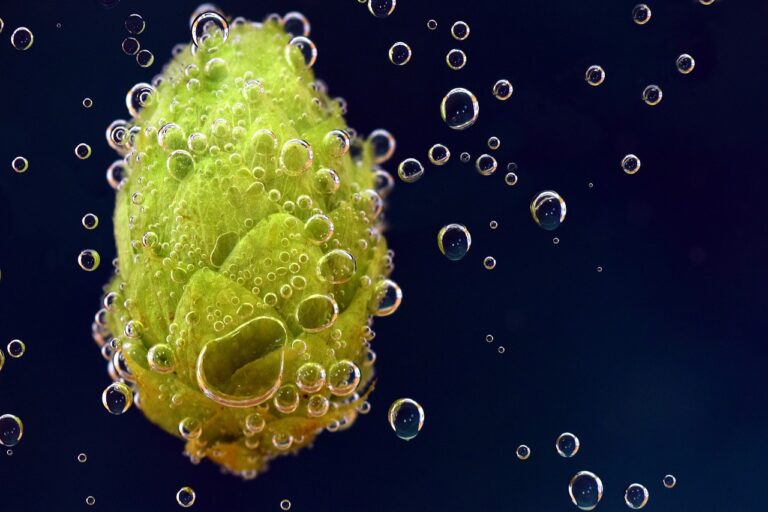The Promise of Gene Therapy in Rare Genetic Diseases: 11xplay, Tigerexch247 login, Booki bet
11xplay, tigerexch247 login, booki bet: Gene therapy holds immense promise in the treatment of rare genetic diseases, offering hope to millions of individuals who are affected by these conditions. While gene therapy has been a topic of research for decades, recent advancements in technology and scientific understanding have paved the way for potential breakthroughs in treating these complex disorders.
Rare genetic diseases are often caused by mutations in a single gene, leading to a wide range of symptoms and health complications. Traditional treatments for these conditions typically focus on managing symptoms rather than addressing the underlying genetic cause. However, gene therapy offers the possibility of correcting these genetic mutations, providing a more targeted and long-lasting solution to these rare disorders.
One of the key advantages of gene therapy in rare genetic diseases is its ability to deliver a functional copy of the defective gene to the patient’s cells. This can be achieved through various approaches, such as viral vectors or gene editing technologies, which enable precise targeting and correction of the genetic mutation. By restoring the normal function of the affected gene, gene therapy has the potential to alleviate symptoms and improve overall health outcomes for individuals with rare genetic diseases.
Furthermore, gene therapy has shown promising results in clinical trials for a variety of rare genetic disorders, including spinal muscular atrophy, Duchenne muscular dystrophy, and certain types of inherited blindness. These successes have highlighted the therapeutic potential of gene therapy in providing effective and durable treatments for these challenging conditions.
As research in gene therapy continues to expand, the future looks bright for individuals with rare genetic diseases. Scientists are exploring new technologies and strategies to enhance the safety and efficacy of gene therapy, with the ultimate goal of making these treatments more widely available to patients in need.
In conclusion, the promise of gene therapy in rare genetic diseases is undeniable. With ongoing advancements in research and technology, gene therapy holds the potential to revolutionize the way we approach the treatment of these complex disorders. By providing targeted and precise interventions at the genetic level, gene therapy offers hope for a brighter future for individuals with rare genetic diseases.
FAQs:
1. What are the potential risks associated with gene therapy?
Gene therapy can carry risks such as immune reactions, off-target effects, and potential long-term consequences that need to be carefully evaluated and monitored.
2. How accessible is gene therapy for individuals with rare genetic diseases?
While gene therapy is still in the early stages of development for many rare genetic diseases, ongoing research and clinical trials are working towards making these treatments more widely available in the future.
3. What are some of the ethical considerations surrounding gene therapy?
Ethical considerations in gene therapy include issues related to consent, privacy, and equity in access to these cutting-edge treatments. It is essential to address these concerns in a thoughtful and responsible manner to ensure the ethical use of gene therapy in healthcare.







